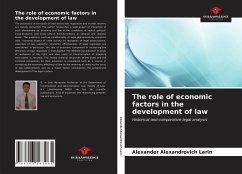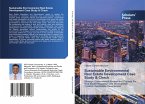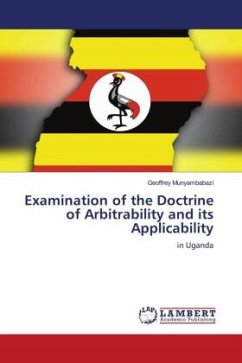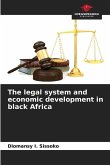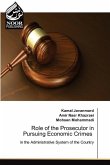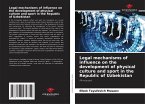The processes of formation of new democratic legislation and market reforms are closely connected. The author researches a legal aspect of interaction of such phenomena as economy and law in the conditions of radical political, socio-economic and socio-cultural transformations at national and regional levels. The questions such as conditionality of legal phenomena by economic laws, resource aspect of state activity on realization of legal prescriptions, expenses of law realization, economic effectiveness of legal regulation are considered. In particular, the role of economic component in increasing the efficiency of legal regulation is investigated. The detailed classification of costs of realization of the right, and also costs of transformation of statutory instructions is resulted. The limited material resources of the state and the constant competition for their allocation is considered both as a source of increasing the economic efficiency of law (in the meaning of reducing the costs of law enforcement) and as a major factor constraining the progressive development of the legal system.
Bitte wählen Sie Ihr Anliegen aus.
Rechnungen
Retourenschein anfordern
Bestellstatus
Storno

